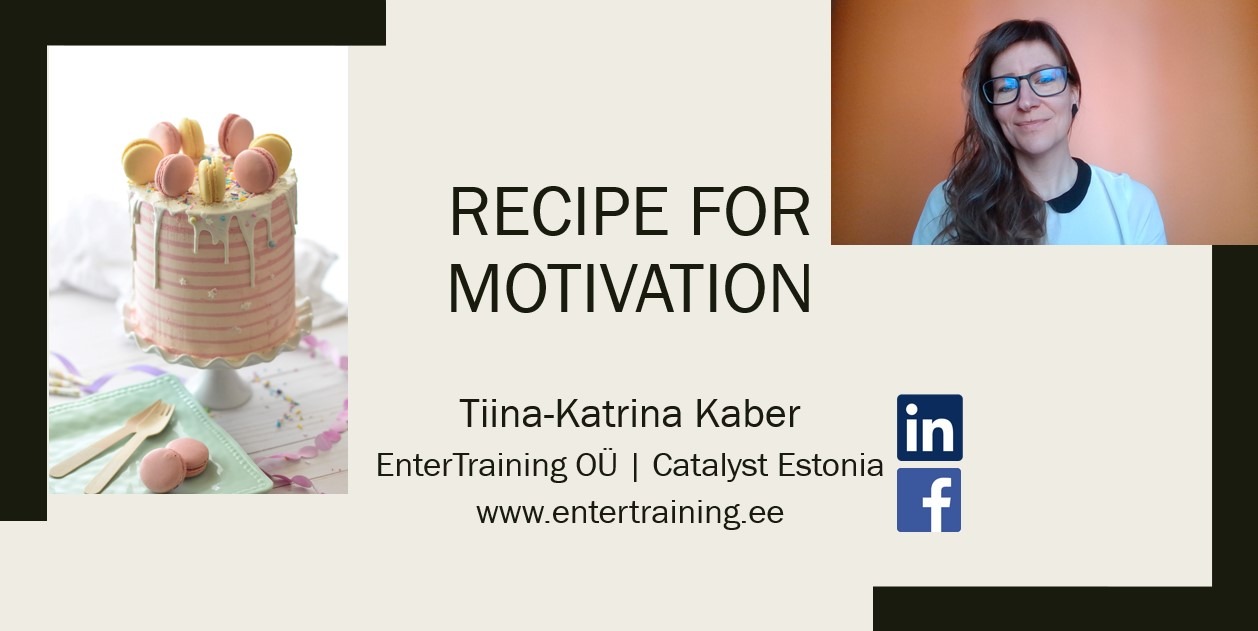Where does motivation come from? Or, perhaps more importantly, where does it go? After years of research due to obvious reasons, I am pinpointing a few things here. This recipe for motivation has helped me through a few crises, supports my daily work and has been received well at several team development events across the country.
Have you ever read a book? Why? What on earth is your motivation to invest your time into reading? I recently asked this from event participants when talking about – you guessed it, motivation – and got different replies. Of course, it depends on what you read. Excel for dummies – fairly obvious. Shed building 101 – same. Bedtime stories – so your kid (or you) would fall asleep. Best answer though? A tilted head, furrowed brow and a confused “what kind of a question is that?!?”
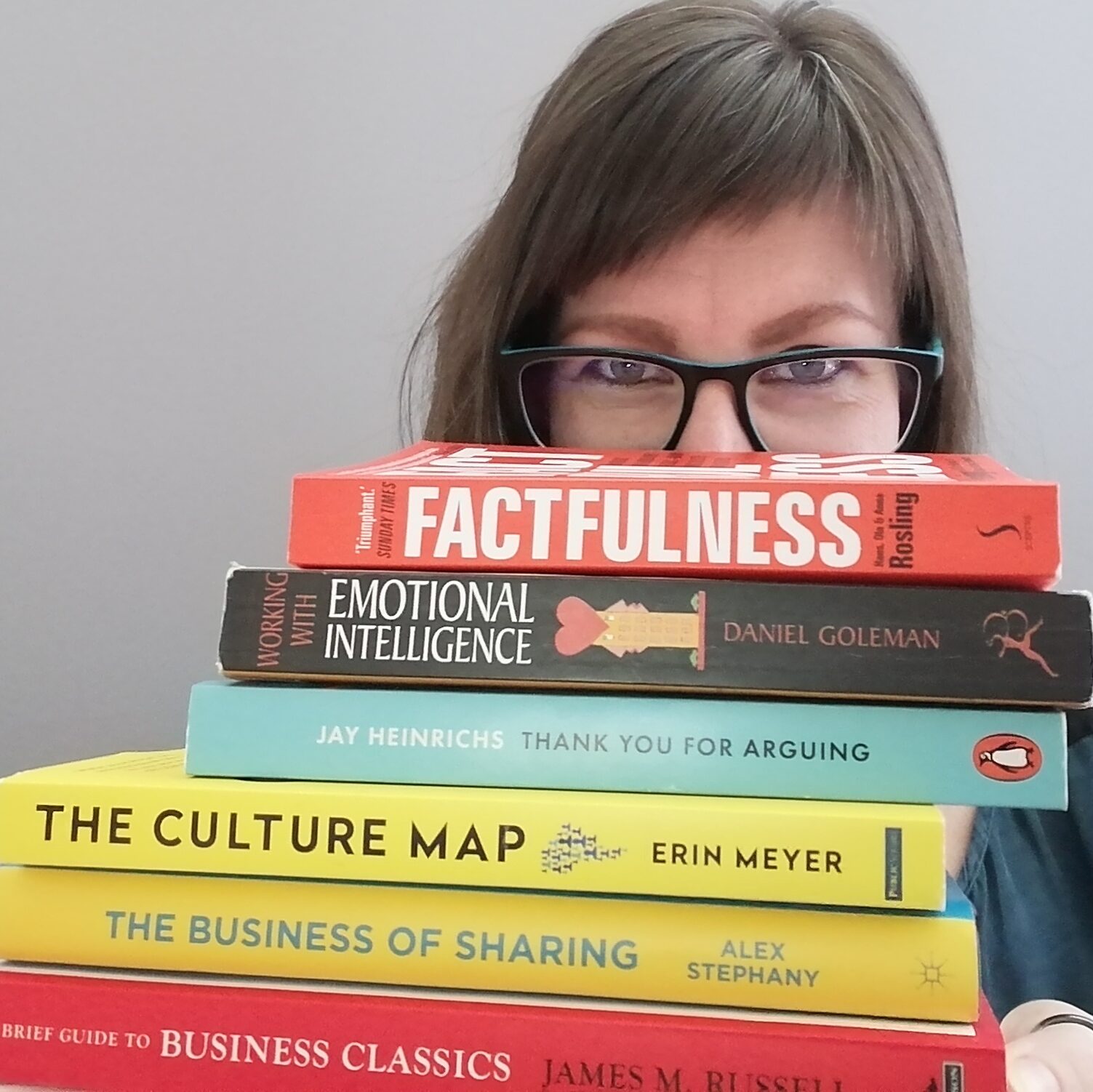
Often, we do not bother thinking about motivation when we have enough of it. I read because I like to read, stop asking weird questions! But what if your kid must read for school? Or there is a long report on your table at work that you just do not want to read… Then, all of a sudden, motivation theory starts to make sense! Here are a few key points that I have picked up when researching different theories and strategies on motivation for over a decade.
I have studied motivation both for personal use and to support the teams I work with. I have spent most of my professional life choosing the time and place for work. Except for a brief flirt with the teaching profession and, of course, when organizing team trainings and delivering speeches. Then the place and time are usually quite limited. But not always! The Covid-19 crisis proved how much richer the world of online events is than we ever thought possible.
Our portfolio includes more than a dozen different web-based teamwork solutions and online seminar topics, in which the team meets in a virtual space. Physically, the participants have joined from their kitchens (so much inspiration for renovations!) or walking by the sea and sunbathing on their verandas. With all these options, remote work highlights the role of intrinsic motivation. Here is my recipe to ensure a truly motivational experience working from wherever and whenever!
1. Purpose
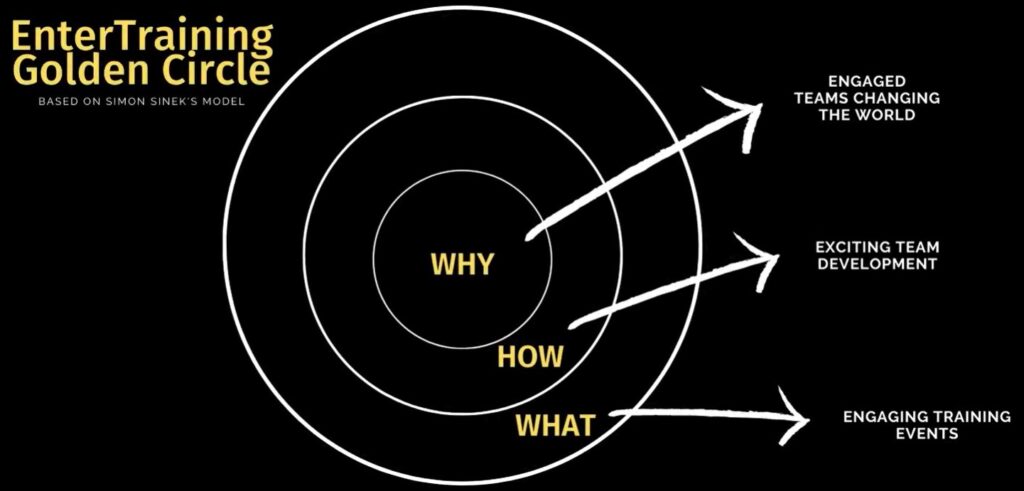
Need to go over your WHY or the recipe for motivation with your team?
Online or offline – let’s do it! Image by Paula Barrio Lopez, EnterTraining
In his book “Drive“, Dan Pink suggests three components of motivation. Two of them overlap with self-determination theory formulated earlier by Deci and Ryan, but one of them is different. That is purpose. Direction. Desire. Vision. These words are not synonyms, but they all carry the idea that we need a vision higher or better than the current situation. It is quite possible to live without formulating any goals. However, it is difficult to wake up motivated and endure even in difficult times without a vision (whether the difficulty is a sunny summer day, global pandemic, or a difficult task at work).
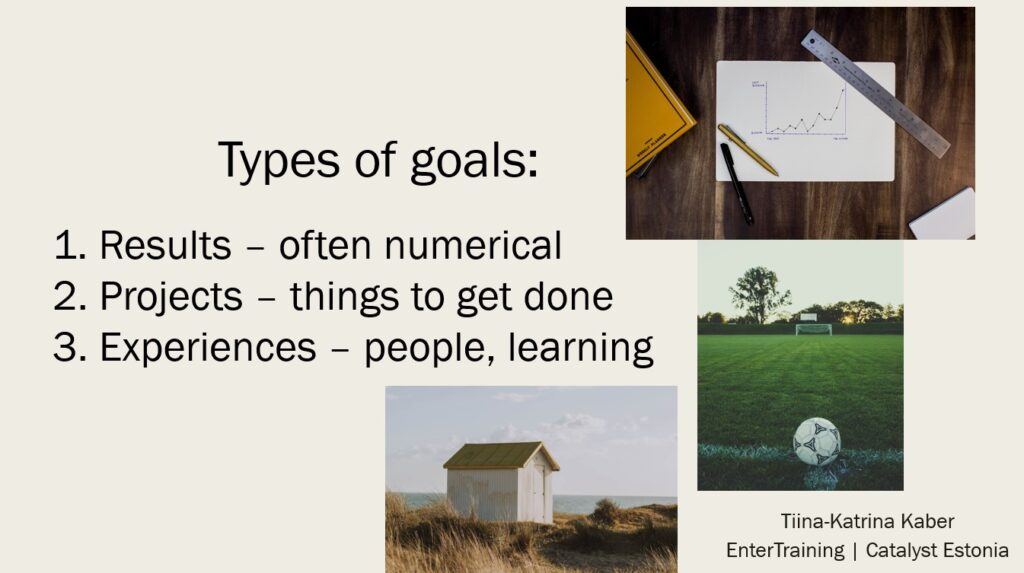
One of Estonia’s most famous trainer Peep Vain provides food for thought on formulating goals in his book “The Most Important Question”. One of the biggest surprises for me was the different types of goals he describes. When setting goals, we often think of specific outcomes, which can ideally be measured numerically. However, if we stop there , we might be missing out on describing and ultimately focusing on other types of aims. In addition to result-based goals, it is also worth thinking about projects and experiences that bring value to life. And then writing them down and making them happen!
2. Connection / relatedness
When setting goals related to experiences, we notice how important other people are in them. Or rather, our relationships with others. In self-determination theory, Deci and Ryan find that relatedness or connection with other people is one of the defining parts of intrinsic motivation. Especially during the Covid-19 crisis we saw the importance and value of meaningful communication. Moving to remote work overnight, coping with uncertainty and various responsibilities, and taking almost all communication online, created a new reality to adapt to. And that is far easier done with cherished people around us.
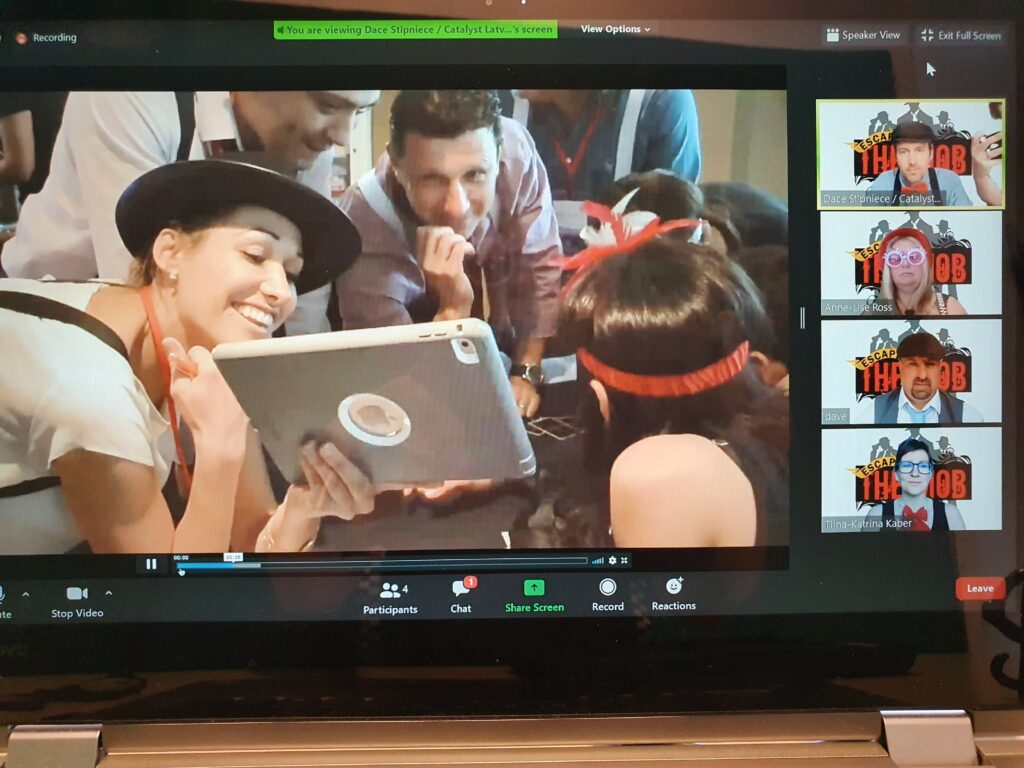
Once our goals are in place, we will also start seeing who are helping us move towards them. When we define which experiences we expect from life, we also discover what kinds of relationships we want. The colleagues we enjoy chatting with in the coffee corner are not always the same as the ones we turn to when seeking support in reaching a result. To find out who shares our hobbies, whom to practice a foreign language with or whom to ask for advice on budgeting, relationships need to be established and nurtured.
One way to get to know your colleagues more meaningfully is through online teambuilding activities like this one. Every meaningful team activity helps! As does asking simple questions:
How are you today? What takes up most of your time these days? What activities have you enjoyed most this week?
This leads us to the next two motivational components that Pink as well as Deci and Ryan address in their attempts to explain motivation: autonomy and mastery.
3. Autonomy
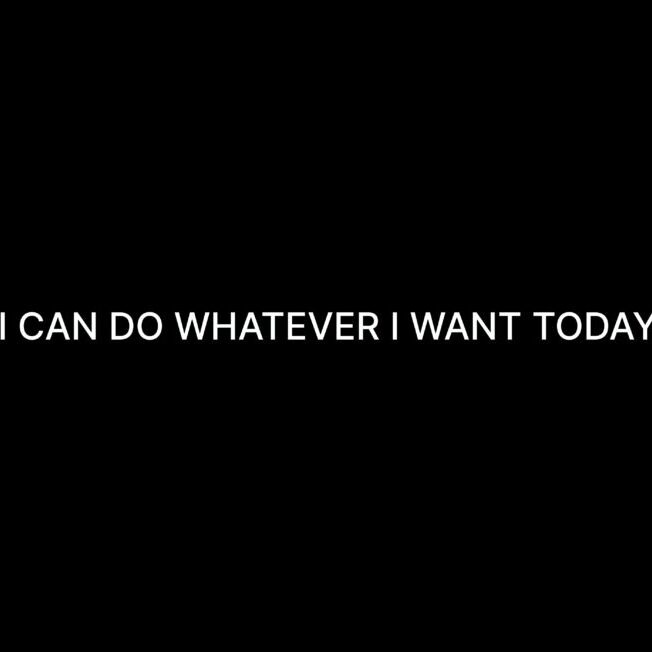
Connection in the previous point emphasizes the importance of quality relationships. Autonomy, however, refers to our ability to choose at least some aspects of what we do. Be it our colleagues, time, location or something else. When moving towards personal goals, we are usually in the driver’s seat. At work or in the family, others might be in charge. In order to stay motivated, it is important that we can make our own decisions and choices about things that concern us.
The importance of freedom of choice is discussed already in child psychology. If “what do you want to wear?” may be too undefined a question for a 2-year-old and “put on this blouse” is too authoritarian, then “will you wear the yellow or the green blouse today?” strikes a good balance between choice and independence. We can do the same as grown-ups!
Many companies have started to question and discard the monitoring of working time as an unnecessary control mechanism. We all know, results are what really matter! If goals are defined and clear, deciding on working time, location and form will help keep motivation up until the result is achieved!
4. Mastery
The results may, however, elude us unless we have enough of the last ingredient – mastery. We talked about the different types of goals, but the complexity of the goal is also important. A good goal is complex enough to create a bit of struggle as we move towards it. Although in the planning stage it might seem nice to set rather low aims, while working on them, a level of difficulty actually works to our advantage! In the long run, simply setting achievable goals is an obstacle to our development. It turns out that performing simple tasks is not really fun!
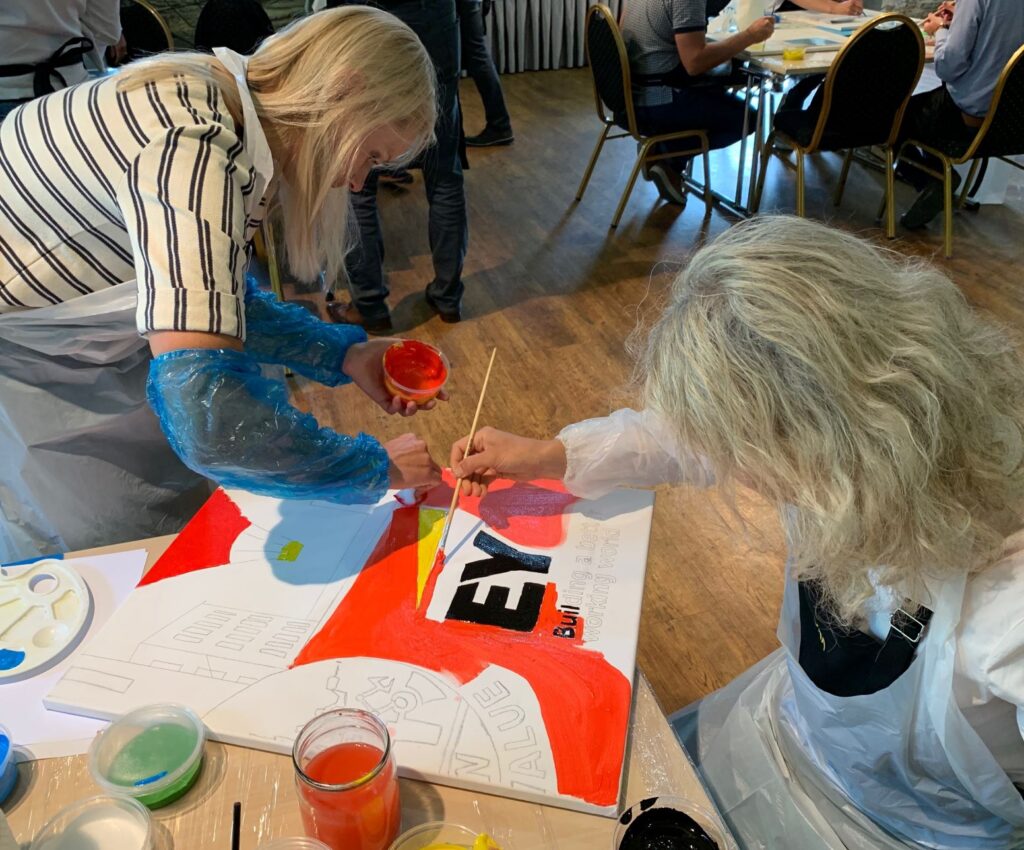
Our brains need constant challenges, new information, a task to work on. If we do not consciously create it ourselves and set the bar too low, it will have a negative effect on our motivation. A sufficiently challenging task will help us develop, increase our competence and apply our skills by constantly honing and developing them towards mastery.
This creates a virtuous circle of motivation: good results motivate further action and higher goals, these make you work harder again and this leads to more development. This is how our mastery and motivation grow. To keep the circle of motivation going, it is all the more important that we set goals that are truly our own.
I hope that this recipe for motivation will help you both in work and personal life to set meaningful goals, contribute to quality relationships and find ways of increasing your autonomy and applying your mastery!
What ingredient are you or your team struggling with? Let us know and we will do our best to help!
